#Privacy
Driving Dystopia: Connected Vehicle Data Now Up For Grabs By Intelligence Agencies
Connected vehicles now appear to be on the table as a new vector for government surveillance. On Saturday, President Joe Biden signed a bill that reauthorizes Section 702 of the Foreign Intelligence Surveillance Act after the Senate passed it late on Friday (60-34).
Driving Dystopia: Automakers Are Selling Your Driving Data to Insurance Companies
A recent report from The New York Times has accused automakers of selling customer driving data to insurance firms. While this is something many drivers had already been made aware of since the implementation of connected vehicles, the outlet claims that the amount of data has ramped up to a staggering degree. Not only is the amount of data being shared staggering, so is the specificity and degree to which it’s impacting people’s insurance rates.
The report focuses on LexisNexis’ “Risk Solutions” program formerly dedicated to keeping track of accident reports and moving violations. However, the division has expanded dramatically over the years and now oversees just about every scrap of relevant data modern vehicles can accumulate about you.
Driving Dystopia: IIHS Suggests Driver Monitoring Systems Need Improvement
The Insurance Institute for Highway Safety (IIHS) has cooked up a new ratings program to encourage automakers to implement even more electronic nannies, including the kind that watch your every move behind the wheel, because the current batch have been deemed inadequate.
“We evaluated partial automation systems from BMW, Ford, General Motors, Genesis, Lexus, Mercedes-Benz, Nissan, Tesla and Volvo,” IIHS President David Harkey said. “Most of them don’t include adequate measures to prevent misuse and keep drivers from losing focus on what’s happening on the road.”
White House Vows to Investigate Security Risks Posed by Foreign-Connected Vehicle Tech
On Thursday, the Biden administration announced plans to investigate the potential national security risks being confronted by American automakers and any threats posed by connected vehicle technologies controlled by foreign adversaries — including China.
Driving Dystopia: Judge Dismisses Automotive Privacy Lawsuit
Last week, a federal judge refused to have the courts reexamine a gaggle of class action lawsuits claiming automotive manufacturers had violated Washington State's privacy laws after allegations that on-board infotainment systems were recording customers’ private text messages and mobile phone call logs. Despite substantial evidence that the above claims are not only true but also just the tip of the iceberg as manufacturers have normalized some of the most egregious data harvesting we’ve seen, the Seattle-based judge said the allegations were not severe enough to be considered a violation of the Washington Privacy Act (WPA).
Maine Approves Right-to-Repair Rules, Auto Lobby Annoyed
The State of Maine has voted "yes" to Question 4, which mimics the right-to-repair legislation that passed in Massachusetts three years earlier. This makes Maine the sixth state in the U.S. to approve such a measure and requires automakers to standardize modern vehicle onboard diagnostic systems and make them available to both customers and any independent repair shops they’d like to use.
While the decision represents another important victory for the right-to-repair movement, the world’s largest automotive lobby predictably bemoaned the situation.
How Much Privacy Do You Really Have In Modern Vehicles?
Whenever the issue of vehicular privacy comes up, the discussion almost immediately pivots to individuals either defending or condemning the status quo. But this often happens without either side of the argument having a firm understanding of how much information is actually being obtained inside today’s automobiles.
While we’ve covered the topic frequently, articles have typically focused on specific issues rather than overall scope. But things are different this time, with the Mozilla Foundation recently issuing a study trying to assess just how far-reaching the automotive industry’s quest for data has become.
U.S. Regulator Proposes Updated Rules for Autonomous Vehicles in Exchange for Data
The National Highway Traffic Safety Administration (NHTSA) proposed a new national program to update the regulations surrounding autonomous vehicles this week. Updated rules would presumably allow automakers to field more self-driving test vehicles on public roads than we’ve seen thus far in exchange for those companies sharing the data those cars collect with the government.
Due to the fact that any autonomous vehicle lacking human controls (e.g. steering wheels and pedals) have to be given exceptions from the Federal Motor Vehicle Safety Standards (FMVSS) to legally operate in populated areas, NHTSA leadership believes that having access to the data they’ve collected will be useful in informing decisions on how the rules could be changed. The claim is that the resulting information will help regulators update safety standards to incorporate self-driving vehicles. But it’s also going to be a privacy issue, as citizens have already expressed their dismay with automakers even considering sharing AV data with local authorities.
Magna’s Driver-Monitoring Rearview Mirror Ready for Action
With European regulators having decided that all new vehicles must have driver monitoring systems starting in 2024, the industry is gearing up to supply new products. However, consumers may not like the idea of driver-facing cameras recording their every move from inside the cabin, as there’s a strong possibility that data-obsessed automakers will utilize that information in unpalatable ways. That’s why Magna’s latest gizmo hides the camera lens behind the glass of your rear-view mirror.
Oxford Introducing Traffic Restrictions for Privately Owned Cars After 2023
In England, the Oxfordshire County Council has introduced a new traffic scheme it believes will clear up roadway congestion, improve pedestrian safety, and also address climate issues. However, the plan involves prohibiting where residents of Oxford can drive (unless they have the proper paperwork) by breaking the city into six zones. Predictably, the concept has proven to be wildly unpopular with some of the locals.
Over the last week, residents have been up in arms about the scheme and it’s not difficult to see why. According to the Oxfordshire County Council’s own website, “traffic filtering” involves stopping vehicles from moving through selected checkpoints by leveraging a network of preexisting automatic number plate recognition (ANPR) cameras. While locals will be eligible to purchase permits that will allow them to drive between the zones “up to 100 days per year,” exceeding this limit will result in fines.
Automakers Claim They Can’t Comply With Right-to-Repair Laws
The State of Massachusetts' Right-to-Repair law was passed in 2012, laying the foundation for the rest of the United States to begin securing consumer protections that would allow them to work on the products they own. General Motors and Stellantis are now claiming they cannot possibly adhere to the rules and have done nothing to prepare for complying with the law.
QOTD: How Much Privacy Will You Trade?
We've been on the privacy kick lately, reporting a bit this week on automaker plans to use technology to provide over-the-air updates and feature upgrades, at the possible expense of your privacy.
BMW and Amazon Partner Up to Swipe Your Data
Amazon Web Services and BMW are reportedly joining forces to establish a new cloud-based software designed to deliver and manage the data amassed by connected vehicles – which is great news if you happen not to value your privacy.
Europe Now Requires Speed Regulators for All New Vehicles
On July 6th, the European Union formally introduced laws that require auto manufacturers to install speed-limiting hardware on new vehicles. While speed governors have been around for years (and are becoming increasingly popular among certain manufacturers) the EU’s new rules actually require technology that takes things a step further by allowing cars to actively detect and then regulate the speed for any given road.
Audi Urbansphere: A Trojan Horse
Back when everyone still bought into the hype surrounding self-driving cars, automakers were releasing concept vehicles framed as a “lounge on wheels.” The theory was that once autonomous vehicles hit the mainstream, companies would begin dropping futuristic models with swanky interiors because drivers would no longer be responsible for piloting the car for the duration of its journey. However, the public eventually learned that autonomous driving technologies had failed to progress as promised and would likely come with a host of restrictions plenty of drivers wouldn’t be interested in once the wrinkles had been ironed out.
But there are a whole host of markets to be tapped, the public has a relatively short-term memory, and there’s always a chance that some major headway was made during the last few years of development. So we’ve seen a resurgence of mobility talk from the industry, especially as it relates to all-electric vehicles. Case in point is the Audi Urbansphere — an autonomous concept vehicle designed for “Chinese megacities” but allegedly perfect for a metropolitan area near you.



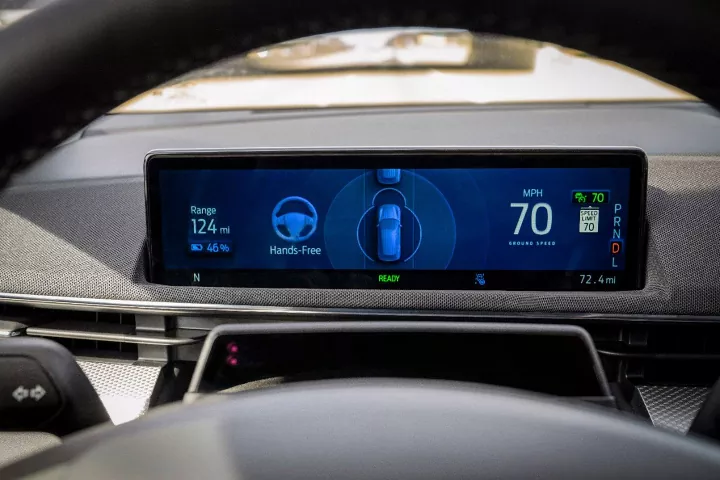
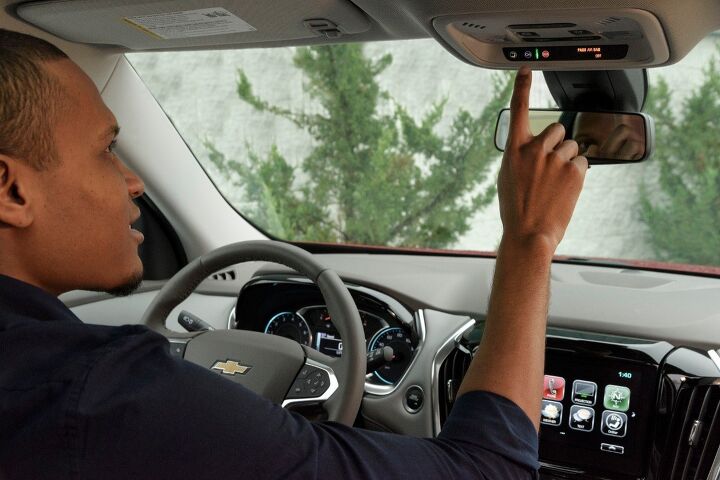
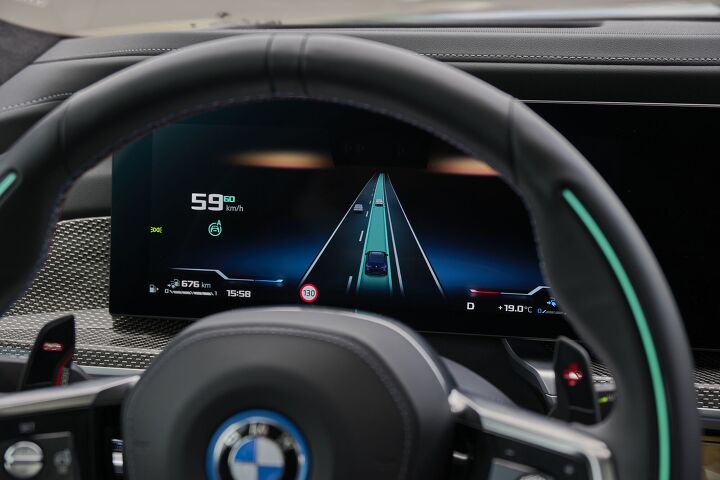
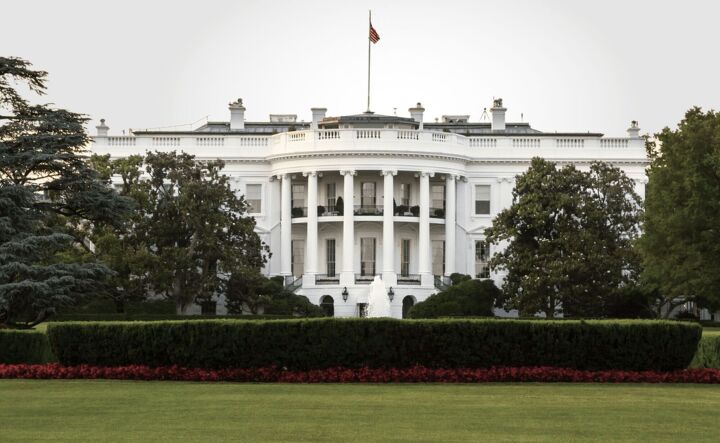



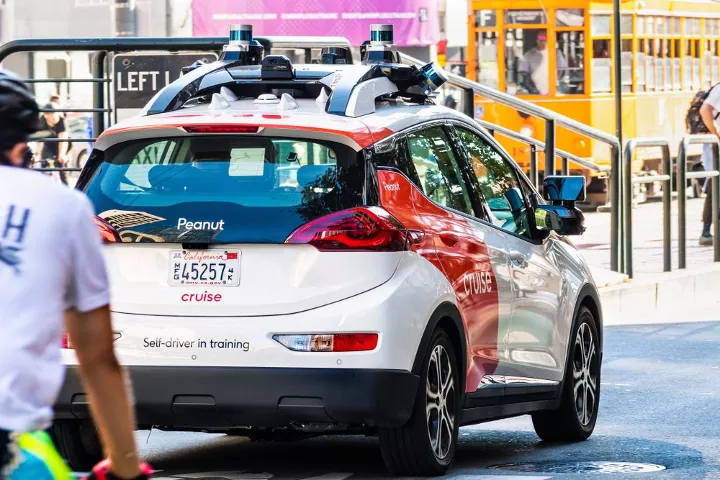
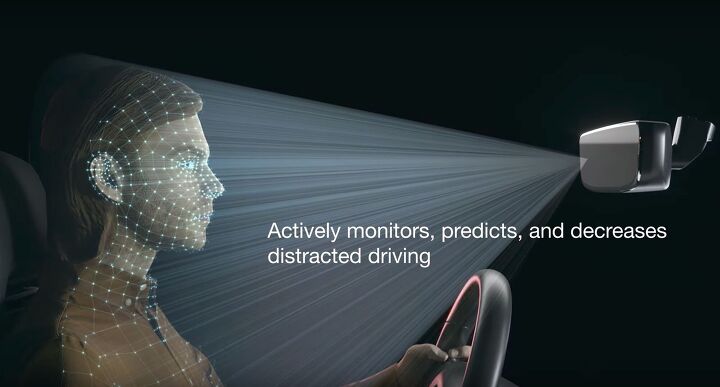


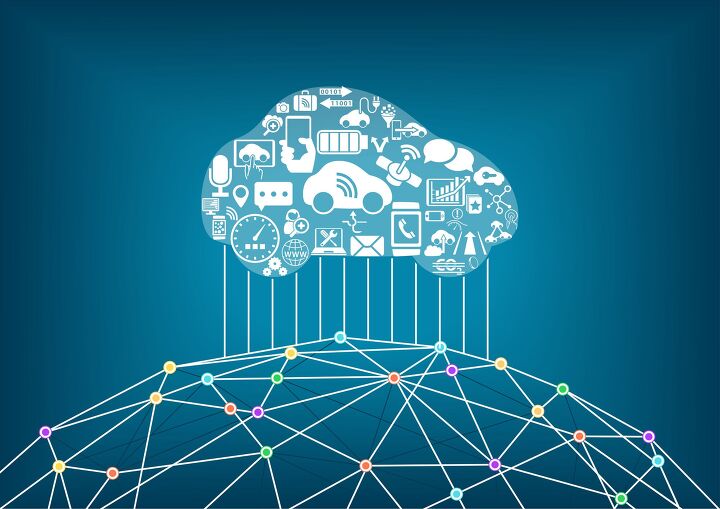


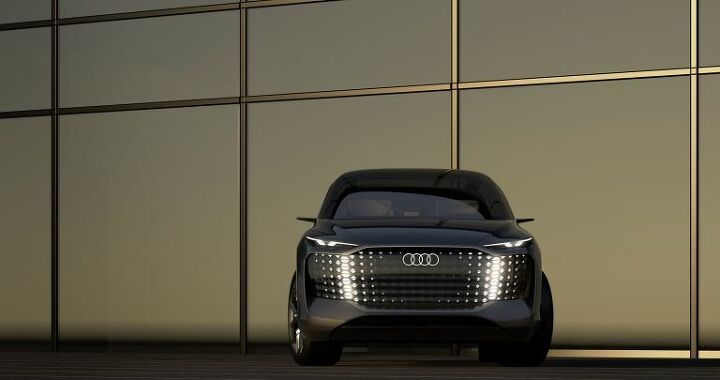












Recent Comments